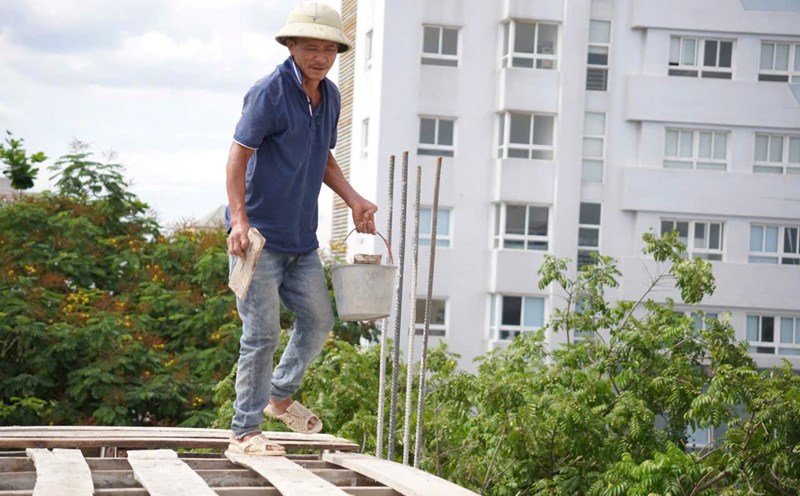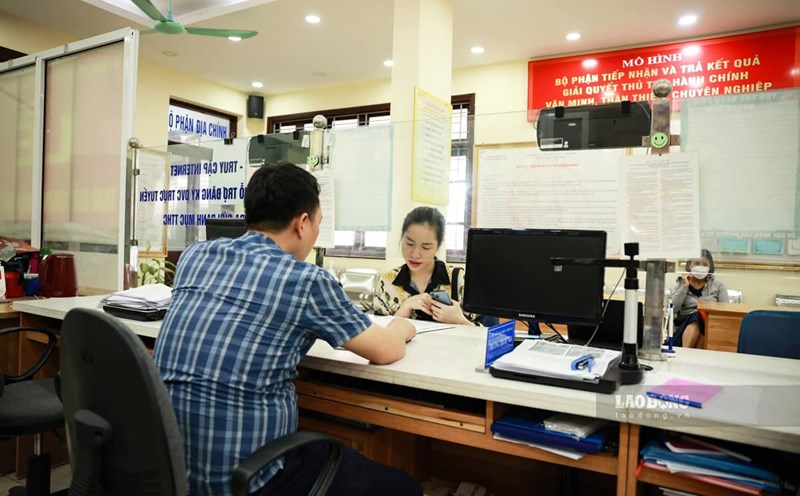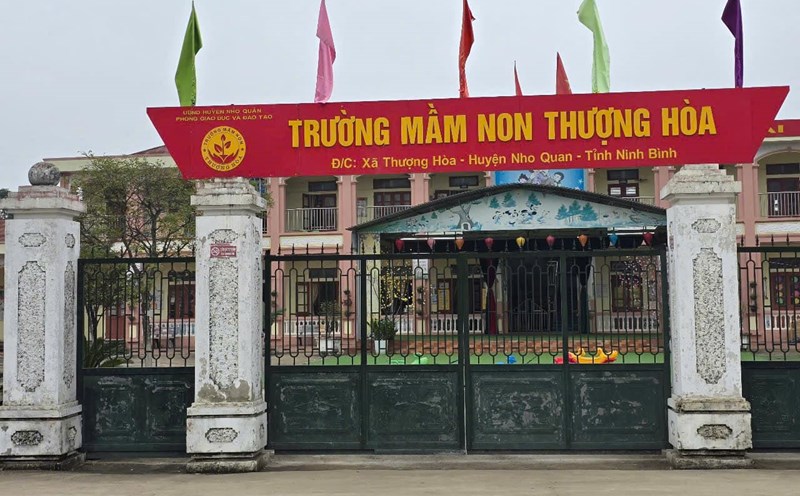Specifically, 4 groups of subjects newly covered by the State for health insurance include: regular militia; people aged 75 and over who are receiving monthly death benefits, people aged 70 to under 75 from near-poor households who are receiving monthly death benefits; people who are receiving monthly social pension benefits according to the provisions of the law on social insurance; employees who are not eligible for pension and are not old enough to receive social pension benefits and are receiving monthly benefits according to the provisions of the law on social insurance.
Thus, the number of groups of subjects supported by the State budget at 100% of the health insurance level under the new Health Insurance Law is 20. This is not only an increase in quantity but also a policy adjustment towards existing "spaces" of social security, ensuring that all people, especially vulnerable groups, have full access to health care services.
Standing militia group: This expansion shows the State's concern for groups of people who have made silent contributions to society or are in the transition period, most vulnerable in terms of health and finances. For the standing militia group: Supporting 100% of health insurance is an official and practical recognition by the State for the contributions and sacrifices of this force. This is not only of material value but also has great spiritual encouragement. When provided with medical facilities, militia soldiers will feel more secure in their training, be ready to fight and participate in emergency tasks such as natural disaster and disease prevention. A healthy force is the foundation for a solid national defense posture.
For the group of elderly people receiving monthly death benefits. This group includes two specific subjects: People aged 75 and over who are receiving monthly death benefits and people aged 70 to under 75 from near-poor households who are also receiving death benefits. These are elderly people who have lost relatives (wives, husbands, children, etc.), which are economic pillars, and their lives depend on subsidies from the State. At this age, the risk of disease is very high, while the income is extremely limited. They face a double burden: The pain of losing a loved one and financial instability. Previously, only people over 80 years old were issued free health insurance cards. lowering the age to 75 (and 70 for near-poor households) is an extremely humane step, towards the group of subjects that need the most urgent protection.
The group of people receiving monthly social pension benefits according to the provisions of the law on social insurance. Social pension benefits are a layer in the multi-layered social insurance system, for the elderly who do not have a pension or monthly social insurance benefits (this group includes: 75 years old or older; Not receiving a pension or monthly social insurance benefits, except in cases prescribed by the Government; having an application for social pension benefits; Vietnamese citizens from 70 to under 75 years old in poor or near-poor households and meeting all conditions (not receiving pensions, monthly social insurance benefits and having an application for benefits) will receive social pension benefits). They are freelance workers, farmers... who have devoted their lives but have not been able to accumulate pension funds. Providing social pension benefits is a big step forward, but the issuance of additional free health insurance cards will truly complete the social security package for this group. It ensures that their allowances are used to cover their living expenses, rather than having to pay for the increasing medical expenses as they age.
The group of employees who are not eligible for pension and are not old enough to receive social pension benefits are receiving monthly benefits according to the provisions of the law on social insurance. This is a complex group of subjects and their support shows the humanity of social insurance and health insurance policies. They are employees who have reached working age and are not eligible for pension (paying social insurance for less than 15 years), but have not yet reached the age of receiving social pension benefits (not yet 75 years old). In this "vacuum", they have no pensions, no income and face the highest health risks.











